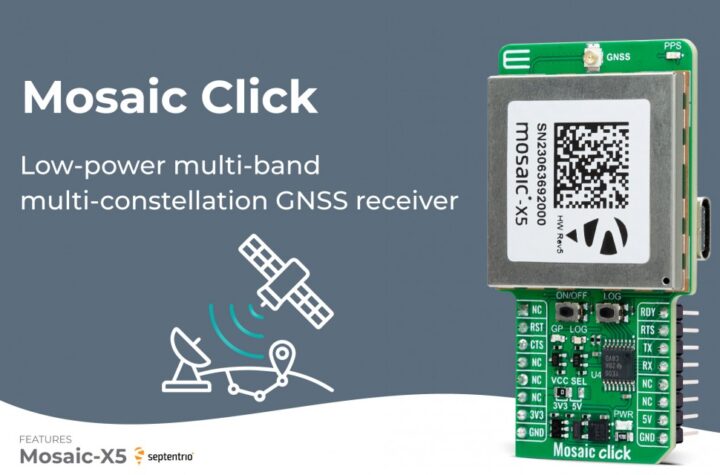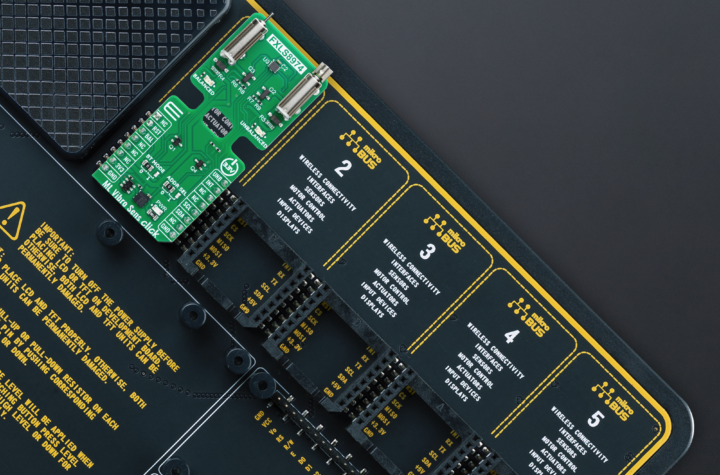
FTS Technologies, a Michigan based supplier of environmentally friendly surface treatment processes, announced today that it has received the General Motors Environmental Excellence Award for introducing an energy-efficient flame treatment technology that lets paint adhere to plastic vehicle parts, such as instrument and door panels, without using traditional chemical adhesion systems.
“FTS is extremely pleased that General Motors has recognized our unique flame treatment technology that is both economically viable and environmentally sound. Our goals in introducing this technology were to have a positive effect on environmental performance by reducing energy use, chemical use and plant emissions and to provide a high quality, cost effective product that could be utilized by automobile manufacturers around the world,” said Russell Brynolf, CEO, FTS Technologies.
“FTS is committed to helping the auto industry green its operations,” said John Bradburn, manager of GM’s waste-reduction efforts. “Their technology reduces the impact of the vehicle painting process by dramatically reducing waste and emissions. We’re quickly integrating it throughout our supply chain due to the improved quality and throughput it provides.”
FTS’ flame treatment technology is being used by General Motors on the Chevrolet Cruze, Sonic, and Volt. FTS’ technology uses an energy-efficient, robotic system to create a molecular change to the surface of the plastic, making it bond with the paint. The process eliminates the need for an adhesion-promoting primer. By using FTS’ technology on the Cruze, for example, GM suppliers:
— Reduced solid and liquid waste (filters, cleaners, solvents and
coatings) from 48 tons a year to less than 1 ton.
— Decreased air pollutants from 810 tons a year to 80 tons a year.
— Eliminated landfill waste like paint sludge and painted scrap material
from 25 tons to nearly zero.
GM evaluated the new technology as a total business case. Not only does it improve efficiency since it’s faster than spraying primer, but the capital expense pays for itself in less than four months.
“It was through our work with General Motors and the Suppliers Partnership for the Environment (SP), an innovative collaboration of automakers, their suppliers and the Environmental Protection Agency (EPA), that we had the opportunity to communicate the benefits of this technology and get connected with the right people within General Motors so that this technology could make a broader impact within the industry,” said Russell Brynolf, CEO, FTS Technologies.















More Stories
Meet Rita Case – recipient of 2024 NAMAD Lifetime Achievement Award
How Much Can You Save Annually by Switching to Energy-Efficient Rotary Solenoids
Navigating the Electrifying Future of Automotive Batteries – Insights from Focus CEO on Lithium, Graphene, and Emerging EV Tech Trends